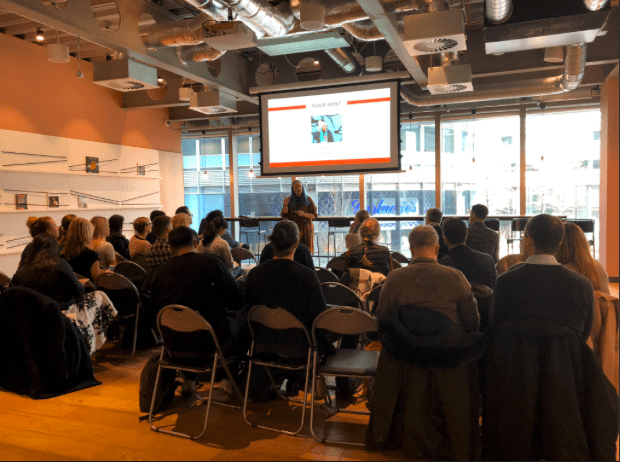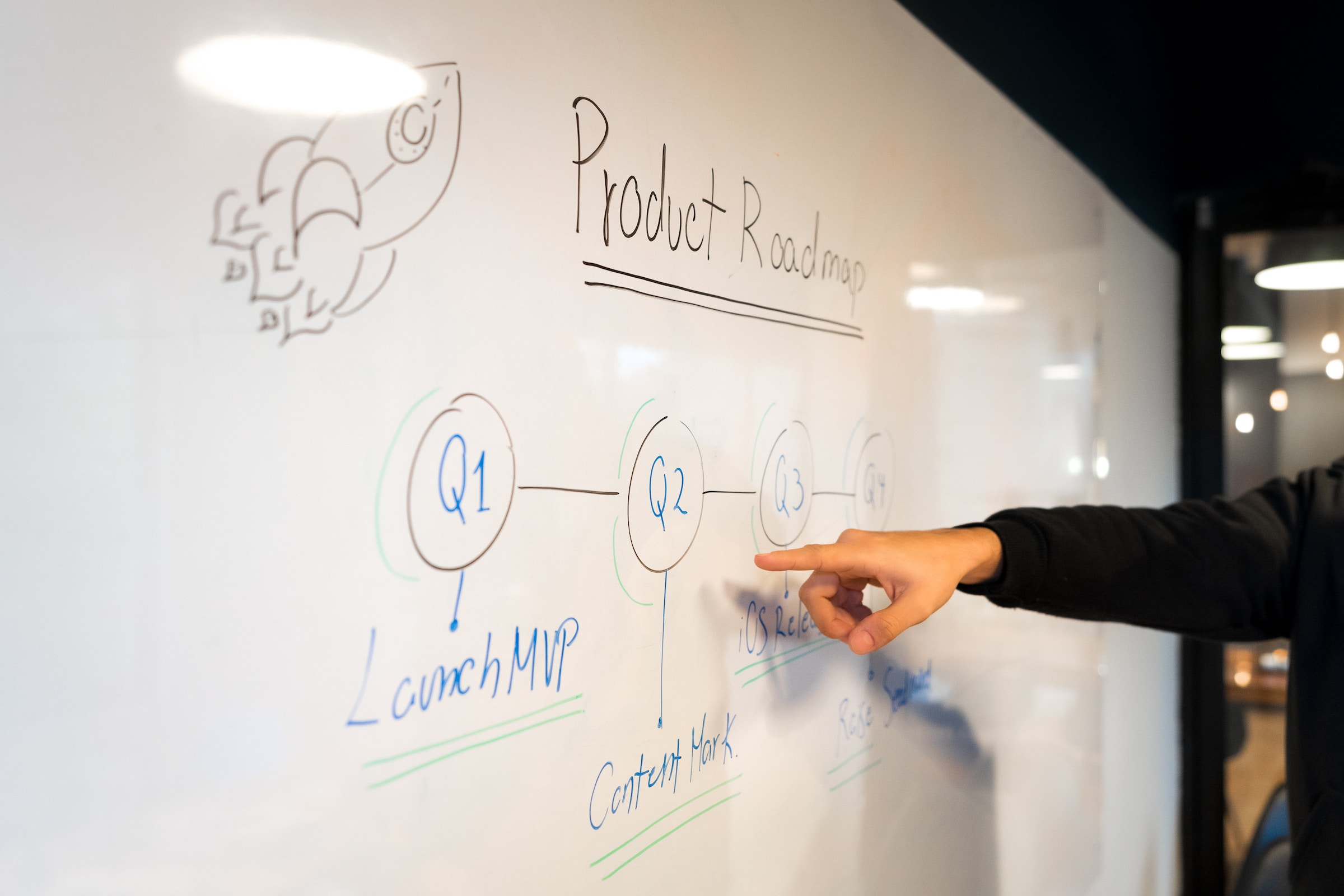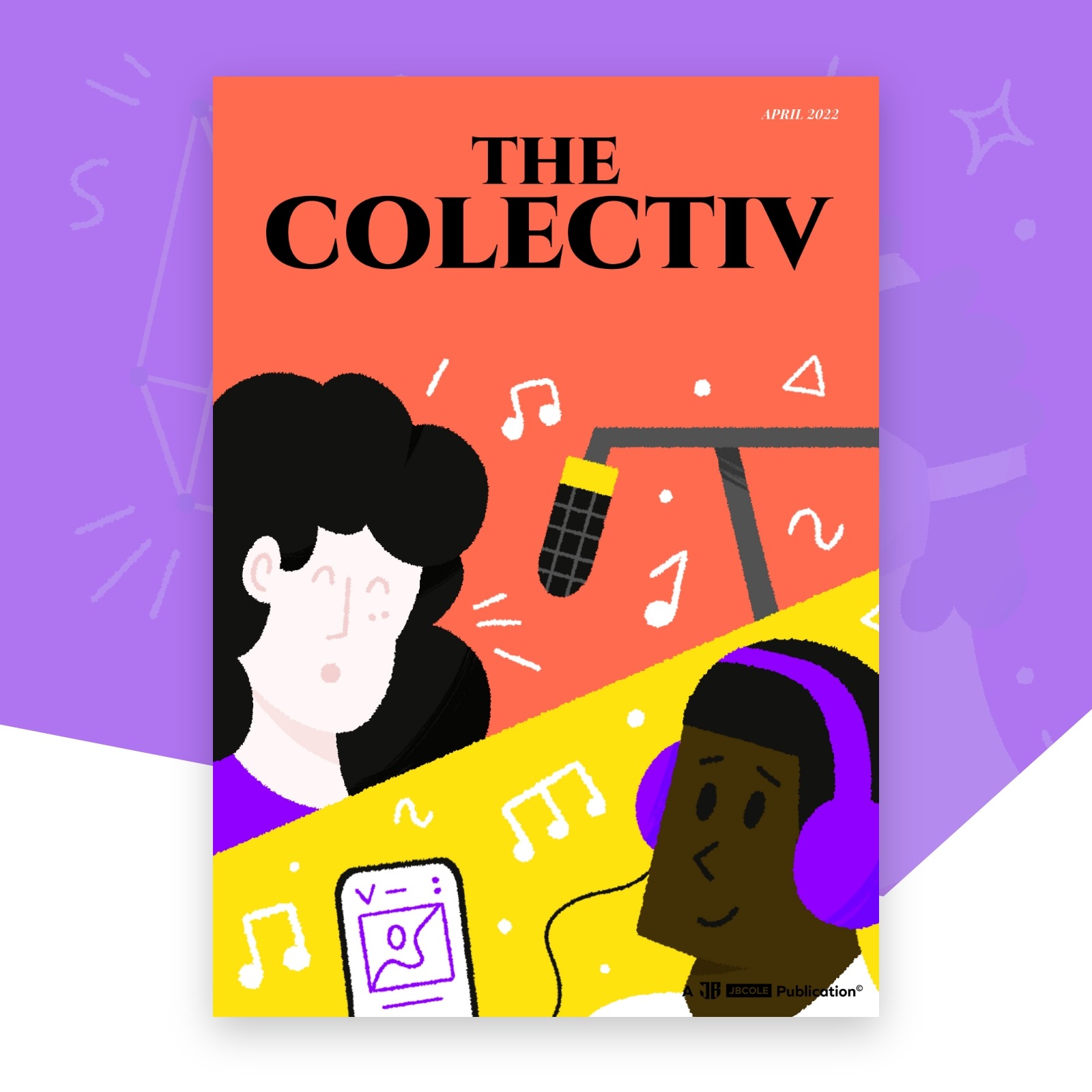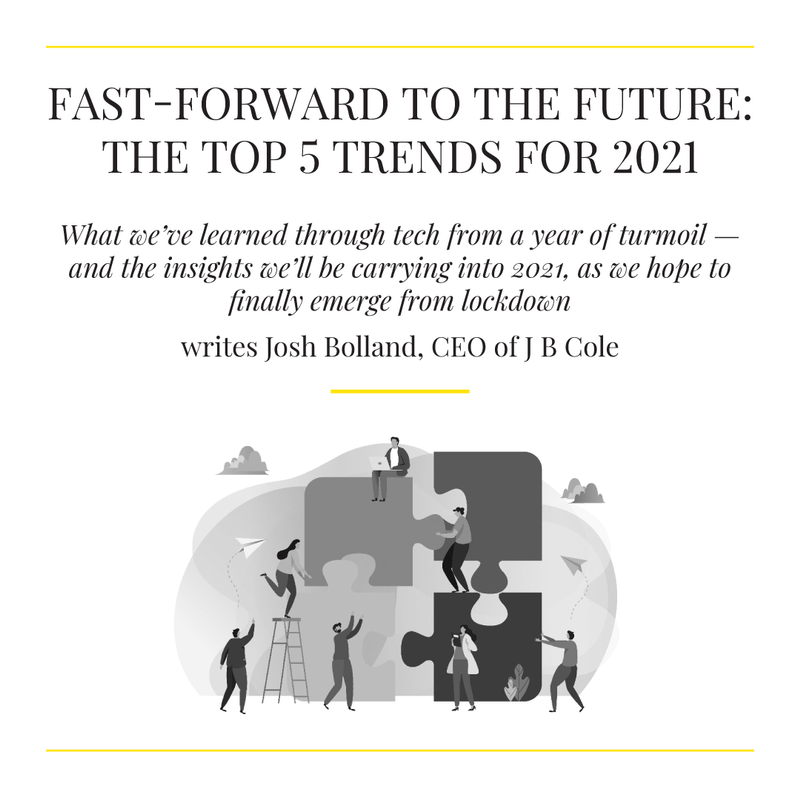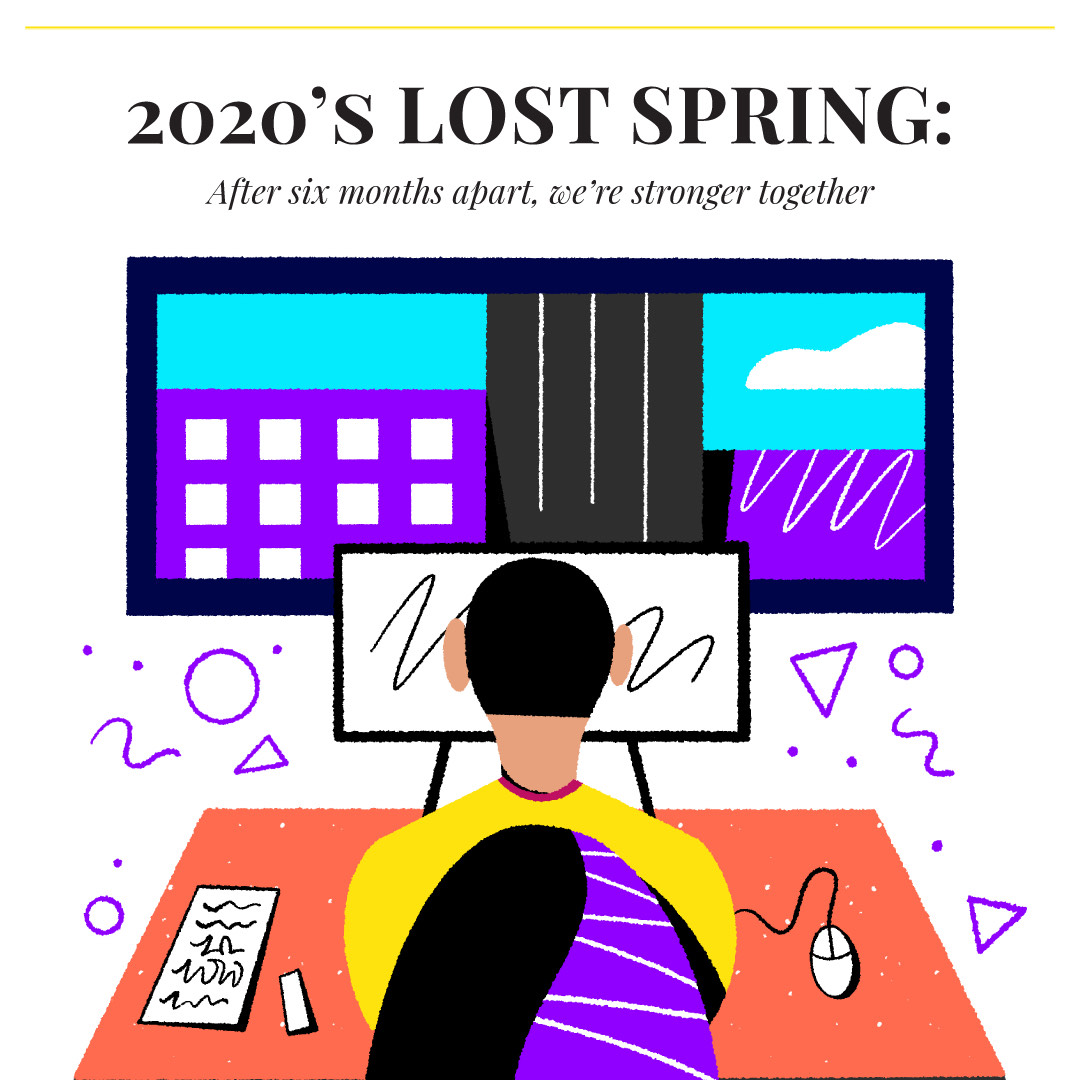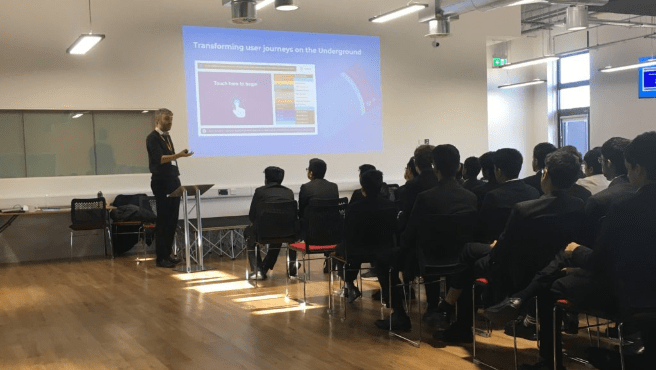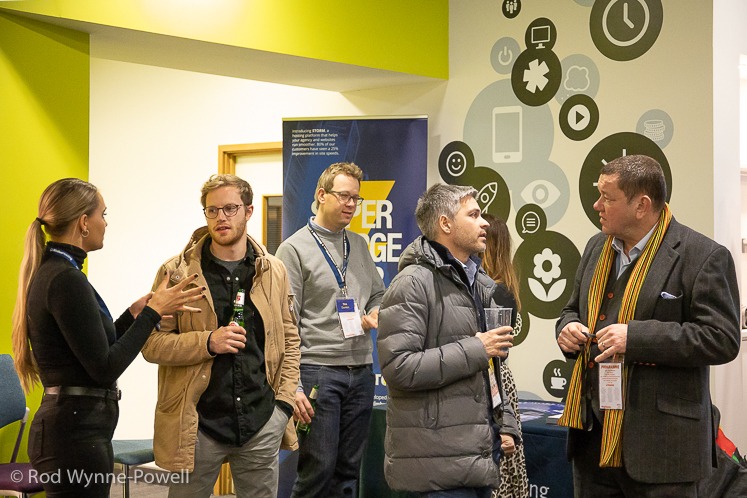The first of our regular BIMA breakfast briefing sessions for 2019 was on a subject of great importance for the technology and digital industries in Manchester and across the UK.
Diversity and inclusion
Over the last few years this has become a crucial issue for business owners and HR departments. Currently, despite the significant growth of the industry there is still a gap in this area and a real lack of diversity, with most job applicants fitting a specific mould.
Our CEO, Josh co-hosted the event along with Amy Lynch, Head of Diversity and Inclusion for ThoughtWorks (UK). They were able to discuss the matter from the different perspectives of a business owner and an HR and happiness outlook.
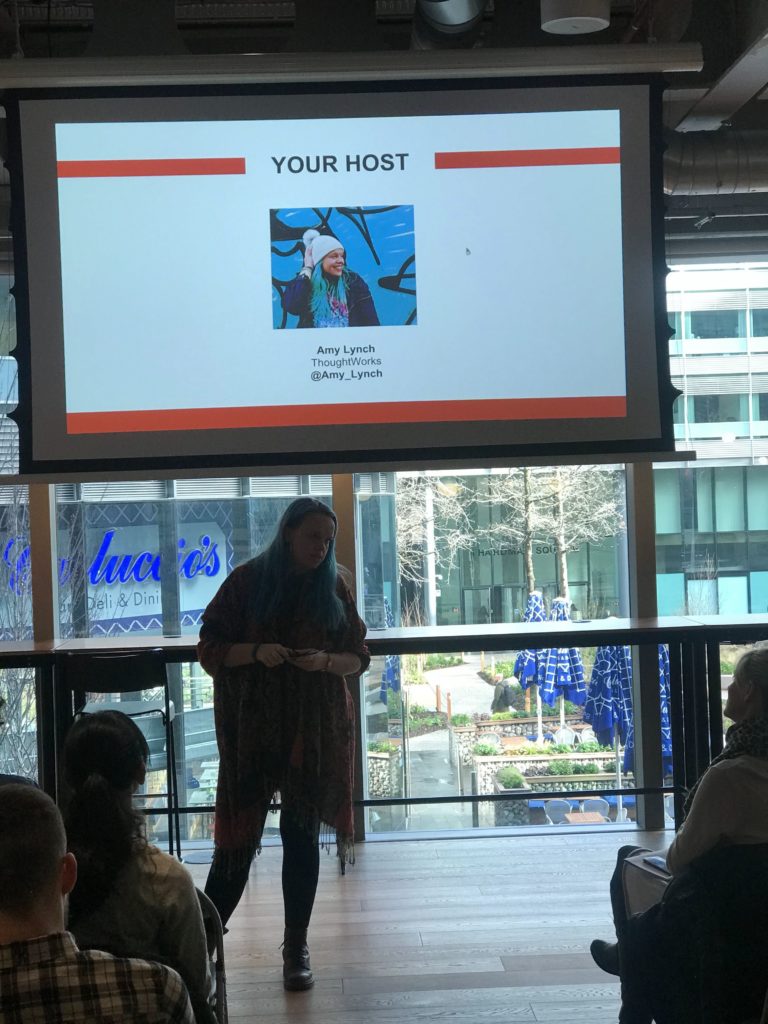
A bit about Amy:
Amy has been working with technology teams for over a decade and currently heads up diversity & inclusion (D&I) for ThoughtWorks, a global software consultancy. A curious and adaptable leader, Amy advocates passionately for social justice and is committed to amplifying those who often go unheard and underserved. She is part of BIMA’s D&I council, has been included on Northern Power Women’s 2019 Future List and champions for a more equitable future for all.
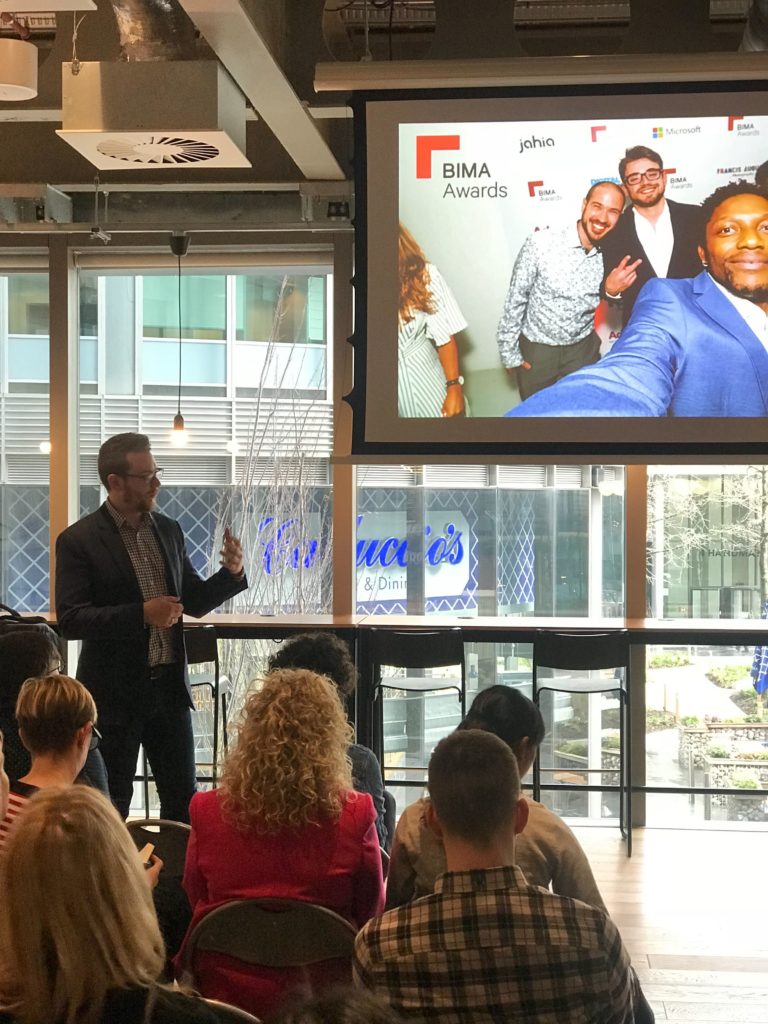
Josh opened the talk with a definition on what diversity and inclusion actually is. “Diversity is the range of human differences and inclusion is involvement and empowerment, where the inherent worth and dignity of all people are recognised.” Ferris State University, 2019.
Amy then provided her own spin, with a quote by Verna Myers, “Diversity is being invited to the party, inclusion is being asked to dance.” Which helped to get the floor thinking..
Josh and Amy were joined by a team of experts within this field:
Paul Davenport, department head for Abbot’s Lea School
Having worked in schools for children with special educational needs for over 18 years, Paul has spent the last 13 years in an outstanding SEN school in Liverpool for children with a primary diagnosis of Autism or Asperger’s Syndrome.
Paul has worked within the senior leadership in his school and is currently leading the 6th form department after several years as Assistant Head. Over the last few years, Paul has looked to strengthen student knowledge of job opportunities and careers, with a focus on digital media and arts, by working with industry groups and professionals.
This academic year, students in Paul’s school won the Vodafone Challenge as part of BIMA’s Digital Day, having their idea chosen out of hundreds of entries from schools across the country.
Beckie Taylor, Co-founder of Tech Returners
Beckie is an Ambassador for Tech and Women in Leadership, and the Co-founder of Women in Technology Northern Chapter. In 2017, she launched Tech Returners, to empower returners and enable their opportunities in tech, by providing development and creating accessible routes into businesses through continual training and technology, resulting in more diverse and inclusive workforces. This work has seen the project shortlisted in the Northern Power Women awards for Innovation 2018 and for e-skills Initiative of the year at the Women in IT award 2019 for its practical guidance, and personal development coaching.
Ben Demba – Strategic marketing assistant for Agent Academy
Ben recently joined the digital industry after completing his A-levels at The Studio School in Liverpool. Rather than taking a traditional university or apprenticeship pathway after school, Ben enrolled onto Agent Academy’s 12-week programme.
Agent Academy was created to support local young people into digital employment at the same time as ensuring a diverse talent pipeline is available to the region’s growing digital and createch employers.
From Agent Academy, Ben secured a job at Agent Marketing as a strategic marketing assistant. He now works across all projects, supporting with research, analysis, planning and the development of strategic insight reports and recommendations.
He joined the panel to share his thoughts on how the industry can be more inclusive, what he thinks businesses can do to attract a more diverse talent pool and his experience of this.
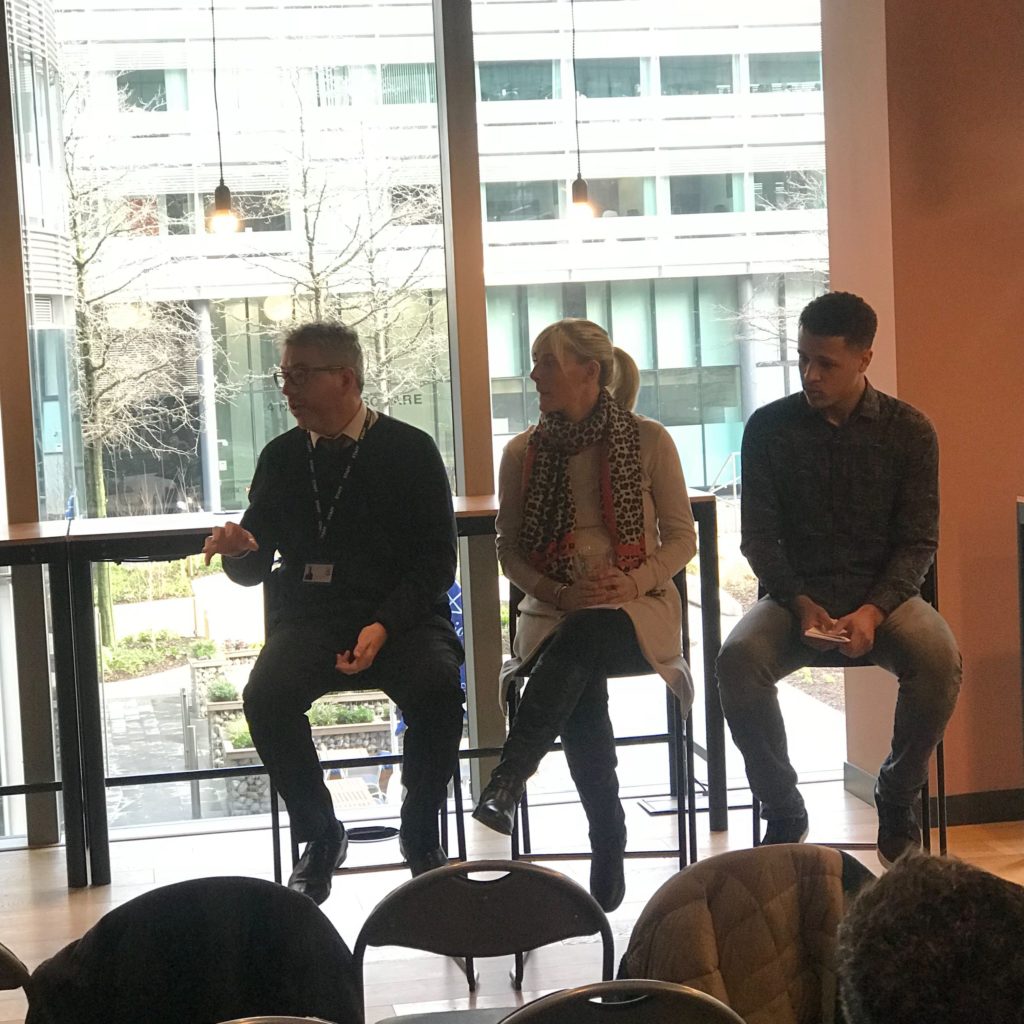
The panel discussed their opinions on number of questions around diversity including how companies can shift their focus and get started with creating a more inclusive workforce as well as practical advice on hiring a more diverse pool of talent.
Let’s focus on the key takeaways.
The viewpoint of the individual employee is crucial. When touching on women in tech Beckie talked about how this needs to be re-framed. Rather than focusing on the difficulties they can potentially face in the industry, it’s important to talk about what they have done, their achievements and the influence women continue to have. That’s what’s going to encourage women into the industry.
But it’s not just an open mind that’s required from those applying for jobs. Anyone doing the hiring has to look beyond their own image.
Ben focussed on this when discussing the difficulty in breaking into the industry without a university degree. Recruiters or hiring managers often recruit in their own image and insist on a degree, rather than looking for potential, creativity and transferable skills – in an ever-changing and fast-paced industry, skill and potential are much more important than qualifications.
This point was further highlighted by Paul when discussing the success of his students during the BIMA Digital Day. The judges were unaware of the fact that all the students within the class were autistic. They were judged on the merit of the work rather than their background or education.
And that’s what’s important.
A key takeout from the session was the importance of diversity within businesses to reduce stagnation in ideations and creativity. The best performing teams have different viewpoints, different ways of thinking and diverse ideas. You don’t get that if you hire in an echo chamber.
So, that’s the why. What about the how?
Key is for businesses to look at why they are doing it, rather than simply treating it as a tick box exercise.
It’s one thing hiring a more diverse workforce. The company culture has to give those employees a reason to stay. Change needs to be bought into by the whole company, driven from the top with groups promoting it within.
Varied viewpoints are always required. Remember working groups for women in tech aren’t closed to men. Just don’t refer to everyone in the room as “guys”.
You can learn more about the events we host at J B Cole UK here, as well as finding everything you need to know about BIMA here.
Sign up to The Colectiv
Find out more about our upcoming industry-leading events, read interviews from innovators in our community & get feature articles, right to your inbox.
